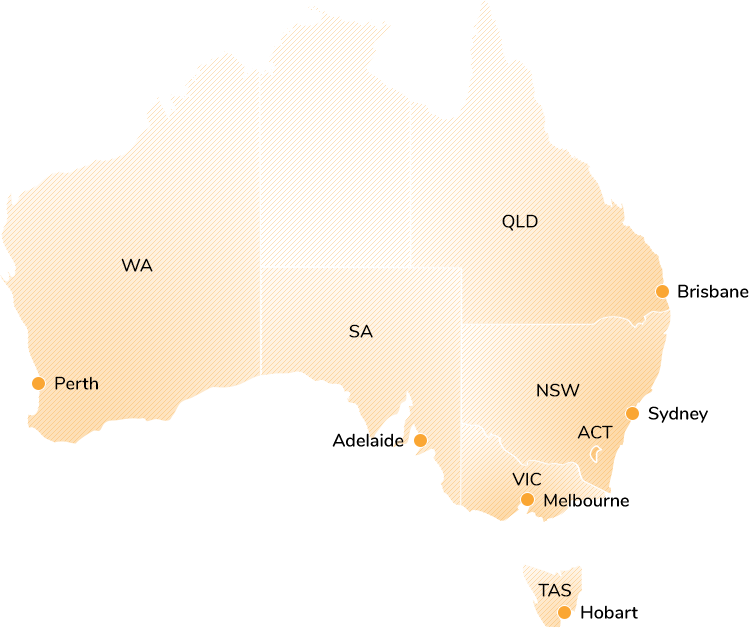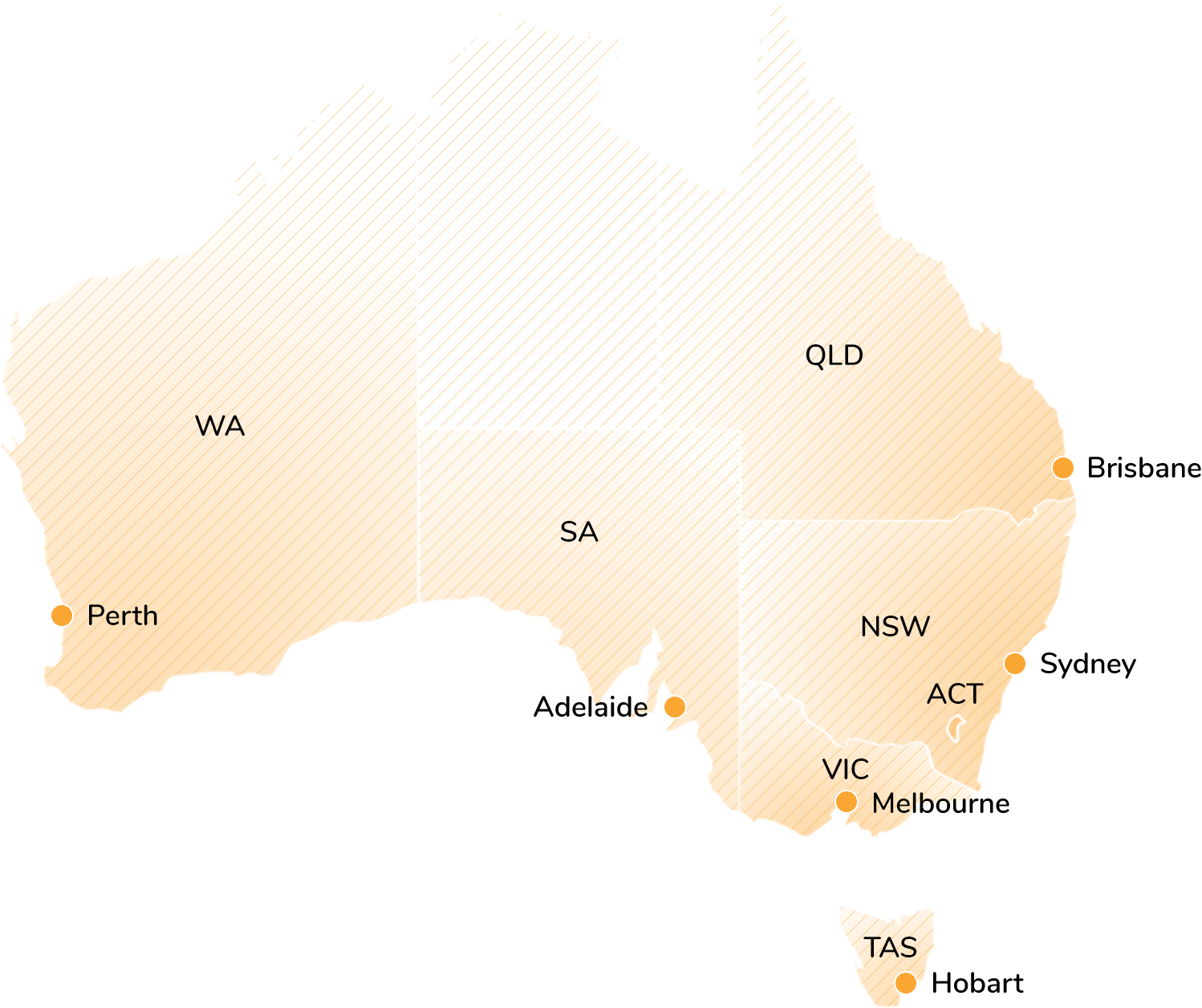Fill in an online Referral Form.
Review and sign your online Service Agreement (we aim to respond within 7 working days).
You (or a person who knows you very well) provide background documents and complete our Functional Assessment Interview form.
We conduct initial interviews, document and data review, observations and interactions (Our current wait time to connect with a clinician is {Check Website Wait Time} days once we have received a signed Service Agreement.)
We always start with a Quality of Life assessment. We assess your strengths, risks, and goals, and whether there may be a restrictive practice in place.
If a Restrictive Practice is found, we develop a draft Interim Behaviour Support Plan and circulate it to you and your team for feedback.
Once you are happy with it we submit this to the NDIS Commission, if it includes Restrictive Practices.
This process takes 10 to 20 hours--if this uses all your NDIS funding, we provide a letter to the NDIA to help fund the next steps.
We provide training and coaching to you, your key support people and your family.
We listen to your ongoing feedback, review your data, and update the Behaviour Plan.
If you have 35 or more NDIS hours, we provide a Comprehensive Behaviour Support Plan. This includes a Functional Behaviour Assessment and:
- Function-based Proactive strategies to improve your quality of life:
- Environmental strategies,
- Skill development strategies,
- Focused strategies.
- Reactive strategies to increase safety and rapidly sooth challenging behaviour incidents.
- Data collection systems to allow ongoing review (e.g. mobile app, or paper form).
At the closure of every service, we provide a letter of recommendation, to help you obtain from the NDIS the right level of ongoing support. The NDIA wants evidence to show how reasonable and necessary your support needs are. We are experts in the collection, analysis and delivery of this evidence.
Your behaviour support and lifestyle goals are clearly defined.
Together we build a plan and build the skills to meet these goals.
Your progress towards these goals is measured and delivered to the NDIA in a compelling report.









